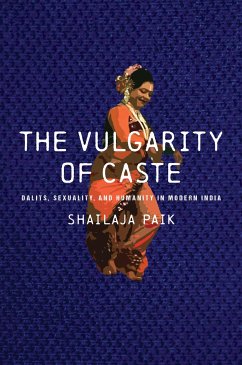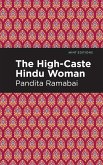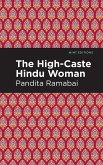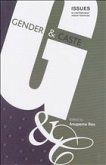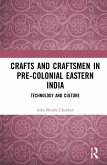"Drawing on an extensive archive of Marathi sources, from publications to music to state documents, Shailaja Paik provides a social and intellectual history of Dalit women's stigmatized sexuality in the 20th century and the patriarchal efforts to sanitize it. The Vulgarity of Caste is the first work of South Asian history to examine the vernacular concepts of vulgarity and disgust and the roles they played in developing the socio-political landscape of western India in the 1900s. Paik uses the Dalit theatre performance of Tamasha as a lens through which to analyze the processes and politics of vulgarity, as defined and shared by men in the colonial British government, in the dominant castes, and in the Dalit communities alike. She argues that, although the boundaries of vulgarity are fluid, it works through sexual and social differentiation (including food, language, music, and dance) to actually extend and re-generate caste hierarchy, class inequality, and Dalit subalternity. Her study revolves around Dalit performers she calls "vulgar public women" who negotiated with patriarchal pressure both inside and outside the Dalit community, and bent it to suit their own purposes. With their accounts at the core, Paik traces how a range of dominant social actors facilitated the construction and consolidation of caste patriarchies by attempting to authoritatively define the modern public sphere and regional Marathi identity across the twentieth century"--
Hinweis: Dieser Artikel kann nur an eine deutsche Lieferadresse ausgeliefert werden.
Hinweis: Dieser Artikel kann nur an eine deutsche Lieferadresse ausgeliefert werden.

